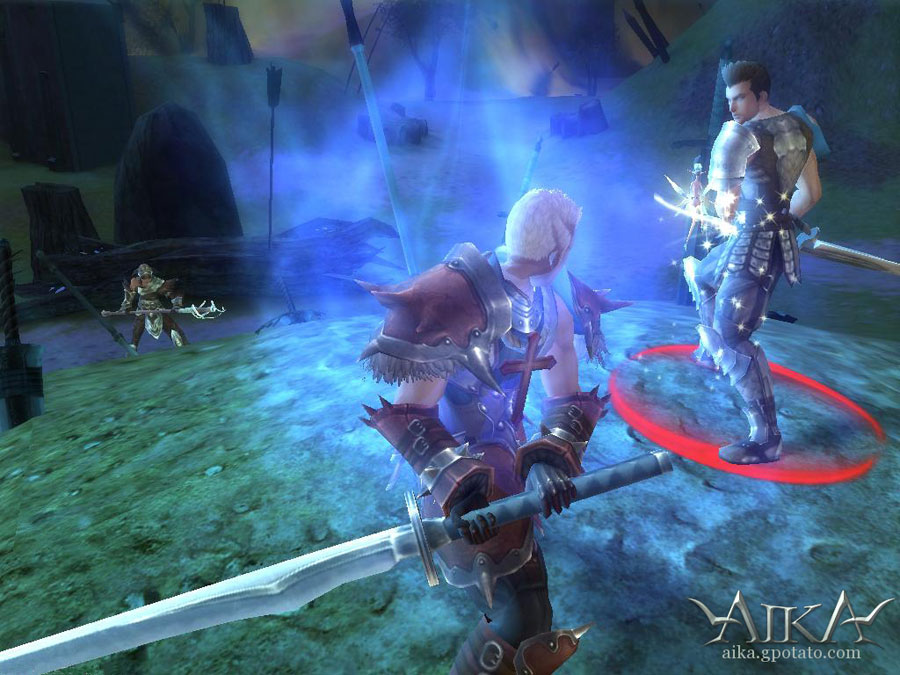
Drawing on the theory of mimesis, I also argue for the importance of acknowledging the mimetic and epistemic power of emotions. A social atmosphere of coldness is an undesirable outcome of this mimesis. In their view, the modern individual has a strong tendency toward unfavorable mimesis due to an unbalanced human-nature relationship. In the first section of this chapter, I briefly introduce the notion of mimesis, after which I examine Adorno and Horkheimer’s account of it. In their original way, the two critical theorists join the long tradition that renounces the Cartesian dichotomous subject-object relationship in which human beings are bound to, but also, potentially, the designers of their world. For Adorno and Horkheimer, this is an erroneous, destructive projection (ibid.), although in both cases, we can view these changes as processes of learning. In its unfavorable form, mimesis takes the opposite direction: the individual makes her environment like herself by repositioning her internal instability in the external and can lose herself in the collective. As will be elaborated in more detail below, in its favorable form, mimesis refers to the subject’s modeling herself on her environment without losing herself the internal aspect of the individual is directed to the external and, in this way, the unknown becomes intimately known (Adorno & Horkheimer, 1944/ 2002: 154). Thus, the individual is viewed as an active agent and a mimetic learner who is always positioned in a web of interdependent relations.įor Adorno and his contemporary critical theorist colleague, Max Horkheimer, mimesis is a possibility and a threat. The approach I propose, mimesis, understands humans as profoundly interactive with their external environment, with multifaceted and intertwined (conscious and unconscious) learning processes. My intention is not to question these dimensions in building and strengthening learning and democratic citizenship rather, it is to put forward, alongside previous perspectives, one that addresses a human element that is crucial for democracy yet is not considered by the previous debates. The motivation for the article stems from the observation that the mainstream theories of learning (Geier, 2018 Vassallo, 2013 see, e.g., Hadwin et al., 2018 Järvelä & Hadwin, 2013) and education for democracy emphasize rational, conscious and individual autonomy as the basis of agency (see, e.g., Ata, 2019 Bohman & Rehg, 1999 Harriger, 2014 Owen, 2020 Siegel, 1988). I argue that such characteristics of learning are inescapable for us as human beings and, thus, also hold crucial importance for education for democratic citizenship. I approach mimesis as an informal way of learning that is, at times, involuntary, unconscious, ambivalent and even accidental, and which, due to these characteristics, can lead to unwanted outcomes on occasion. In this chapter, I examine how the concept of mimesis can be utilized in educational theorizations of democratic citizenship and in fleshing out desirable and undesirable learning paths related to citizenship. It can thus be argued that a democratic mindset (in the widest sense) is not part of the innate character of the individual rather, it requires educational intervention and learning.



The thoughts Adorno formulated almost a half century ago are topical today, as anti-democratic populism strengthens its position in many places around the world. Thus, the most important lesson in history is that every measure should be taken to prevent a social climate of coldness because it creates fruitful soil for the recurrence of Auschwitz. In his lecture Aspects of the New Right-Wing Extremism ( 1967, 2020), Footnote 1 Adorno warned that the prerequisites of fascism, such as the social atmosphere of coldness and increasing inequality, were present in his day: socio-culturally, if not directly politically. According to him, democracy does not live up to its concept. Adorno would be among the first to agree that a short history of Western civilization teaches us to not to trust in the wisdom of the masses.


 0 kommentar(er)
0 kommentar(er)
